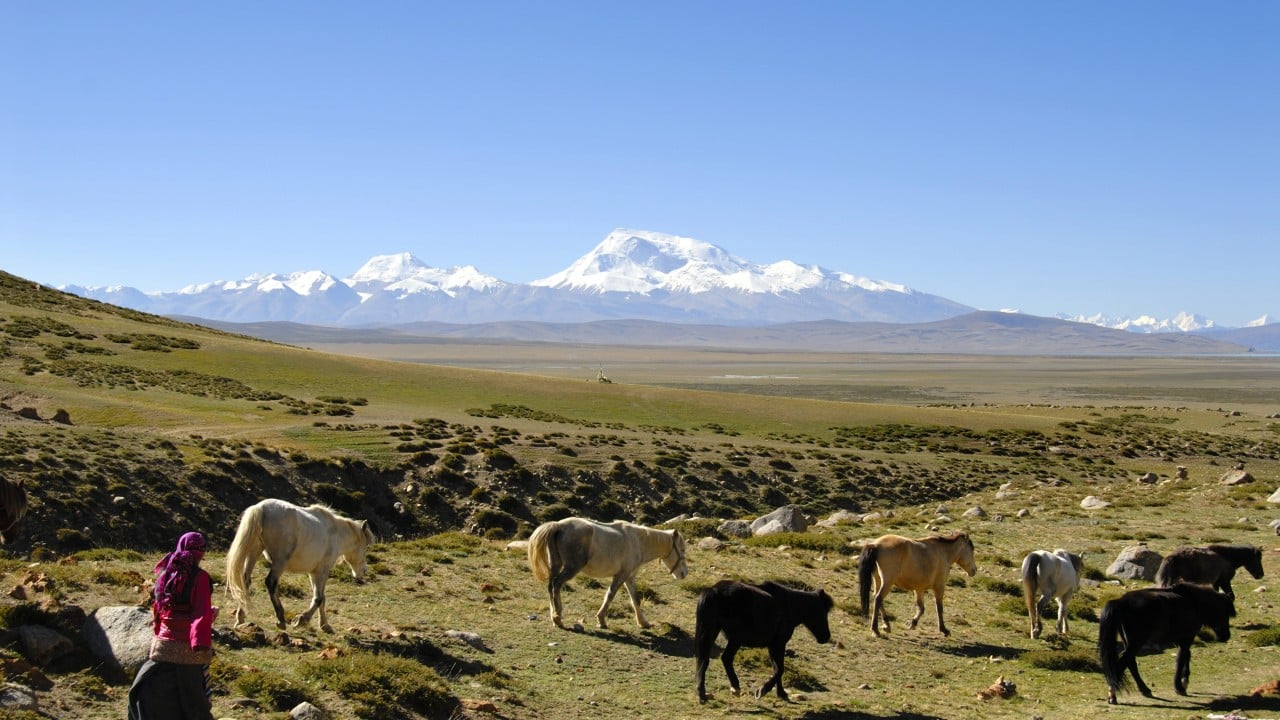Chinese scientists have traced the origins of the “ghost ancestors” of modern Tibetans to the southwestern province of Yunnan through analysis of ancient DNA.
Advertisement
The origins of people living on the Tibetan Plateau – and how their ancestors migrated, adapted and settled in this cold, oxygen-poor land – have long been a mystery to the academic community.
A group of Chinese palaeontologists have now verified a hypothesis that academics had speculated about but failed to test: that an archaeological site in central Yunnan is one of the origins of populations on the Tibetan Plateau. Their findings of their study were published in the peer-reviewed journal Science on Friday.
“This study not only fills a critical gap in the genetic data of prehistoric populations in East and Southeast Asia, but also identifies one of the Tibetan Plateau’s ‘ghost ancestors’ for the first time from a genetic perspective,” the authors said.
It is widely known that around 80 per cent of the genetic composition of Tibetan Plateau populations originates from northern Chinese populations dating back 9,500 to 4,000 years ago. Yet the origin of the remaining 20 per cent remains unknown, and is referred to as “ghost ancestry” by the academic community.
To decipher the secret, scientists from various Chinese institutions, including the Institute of Vertebrate Palaeontology and Paleoanthropology (IVPP) of the Chinese Academy of Sciences, the Yunnan Institute of Cultural Relics and Archaeology, and Sichuan University set their sights on Yunnan.

